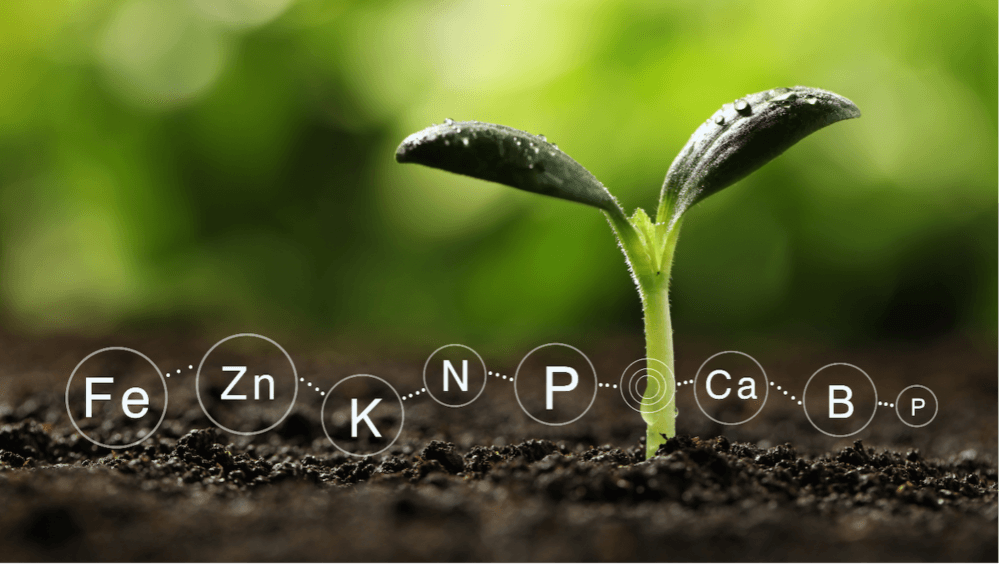

Fertilizer prices have doubled or more in the past six months, which is bad news for farmers, but the Russia-Ukraine conflict could make it even worse. Until recently, prices were associated to the rise in natural gas prices, along with supply chain disruptions and weather events around the world. However, with the Russian invasion of Ukraine, fertilizer supplies could be affected globally, prolonging the current shortage and exacerbating already high prices for farmers. In conflict to this, wheat futures jumped 12 percent recently. If a farmer reduces their fertilizer inputs, how can they assure they will deliver their yield at harvest?
Seaweed extracts have long been known for their beneficial effects on plant growth
One way in which we can use our fertilizers smarter without damaging plant nutrition is to enhance crop uptake of nutrients through the use of biostimulants such us seaweed extracts. When applied to plants or seeds in specific formulations, these extracts have the capacity to modify the physiological processes in plants in a way that provides potential benefits to emergence, crop development and stress response.
How is all this possible? For many years biostimulants have been considered to be “snake oils” and skepticism regarding their positive effects on plants persists in some areas of the world. However, a large number of scientific studies have shown that many crop systems respond positively to these products. Despite these well-documented effects, the exact mechanisms of action of biostimulants are not always understood. This is where Acadian Plant Health made the decision to heavily invest in research and development and truly decipher the possible impacts of their seaweed extracts on plants and the root/soil environment.
Can seaweed biostimulants unlock the potential in fertilizers?
Over the past several years, Acadian Plant Health has conducted nine different trials looking at the effect of our seaweed extracts in reduced nitrogen situations. “We wanted to see the difference between a standard fertility program, a reduced fertility program and then Acadian seaweed extracts added to each scenario”, says Dr. Holly Little, Director of Research and Development at Acadian Plant Health. “In the trials we did, we consistently saw improved yield regardless of the fertility program when we added our Acadian technology, but what was even more interesting was we saw similar yields to the standard fertility program when we added Acadian extracts to the reduce fertility program.”

“From a scientific standpoint we were able to track the bioactive compounds that are in our seaweed extracts such as polysaccharides, alginates, mannitol, amino acids, organic acid and betaines. When these compounds are present we see evidence of the chelation of nutrients, an improved rooting system for better up take of nutrients, improved stress tolerance, soil health and even enhanced nitrogen uptake and movement.”
With little to no hope for a price break on fertilizers on the horizon, it’s clear farmers will need to consider new approaches to their fertility programs. This can be adding manure to increase fertility and organic matter in the soil, planting nitrogen rich crops into your rotation, using soil tests to ensure efficiency in fertilizer application and/or using reduced rates of nitrogen with biostimulant additives.